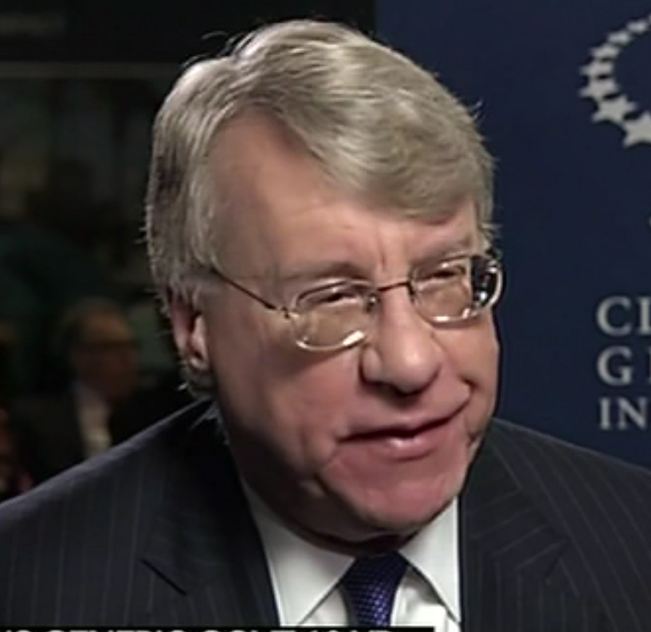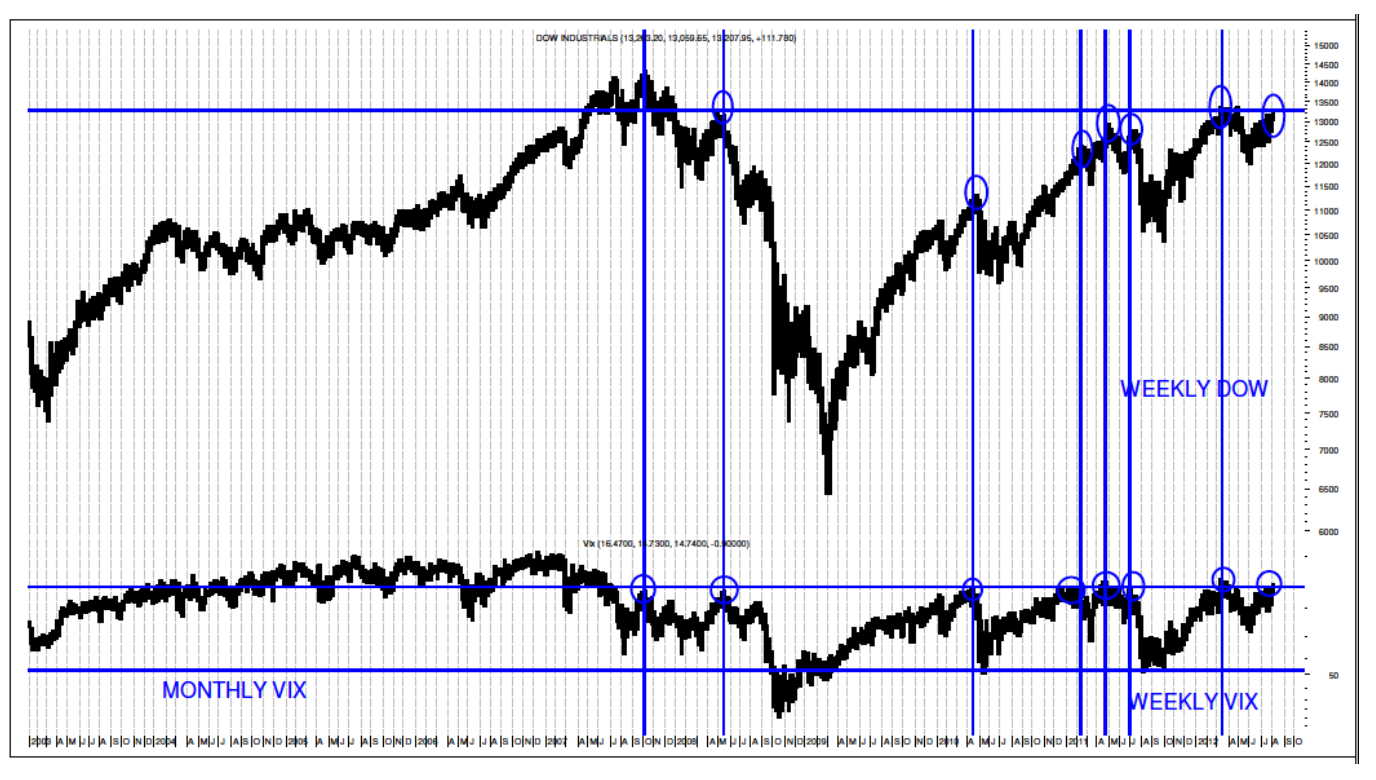 by Michael Tarsala
by Michael Tarsala
It wasn’t just Chicago Fed President Charles Evans voicing the need for QE3 this time.
In the wake of a dismal June jobs report last week, a trio of Fed officials voiced the need for the Fed to do more to stimulate the economy.
Here’s what Boston Fed President Eric Rosengren had to say on Monday about why more quantitative easing is appropriate.
Were there to be a serious financial shock from Europe, it is quite likely that it would have a large impact on financial stocks and the broader stock market in the United states. Such stock- price declines could impact households and businesses on both sides of the Atlantic, and problems in Europe could potentially cause a more significant retrenchment by European financial institutions operating in the United States.
Also this week, San Francisco Fed President John Williams said progress on bringing down the unemployment rate is going too slowly. He believes that the Fed is not succeeding in either of its mandates – keeping inflation steady and striving for full employment.
We’re really right at that edge, if economic data continue to come in below expectations and if our view is that we don’t expect to make progress on our mandate, then I would think we need more accommodation.
… The most effective tool would be additional purchases of longer-maturity securities, including mortgage-backed securities.
That adds to what Evans had to say – that he supports using the Fed’s balance sheet to support additional support for the U.S. economy, and to keep a disappointing jobs market from doing more damage.
Views differ on whether QE3 is needed, and if each successive round may be less effective in stimulating the economy.
Yet there appears to be growing support for it.
Economists working for the primary dealers that do business with the Fed believe there is a 70% chance of another large-scale quantitative easing round, according to a Reuters poll following the Friday jobs report.
Primary dealers don’t have a vote, of course, but it’s one reflection that there may now be broad support for stimulus.
Photo by: Photosteve 101



